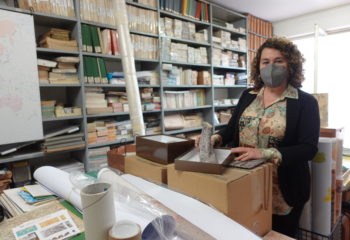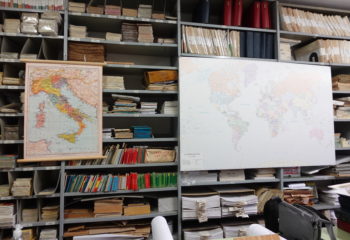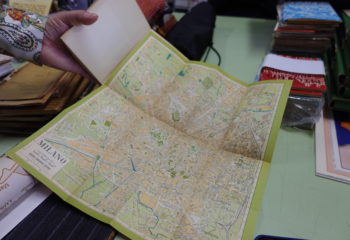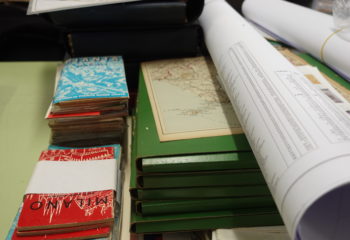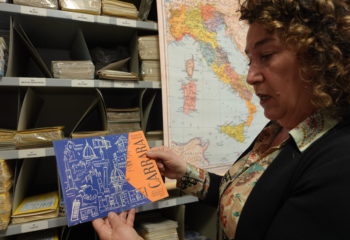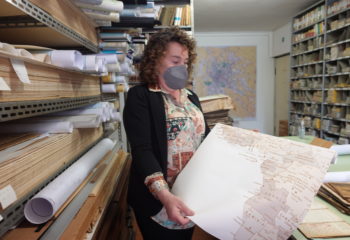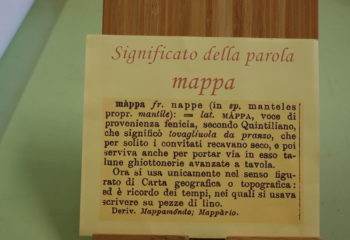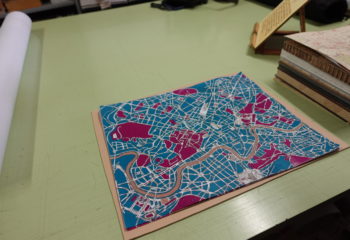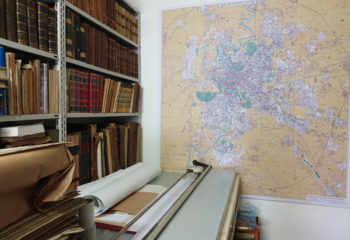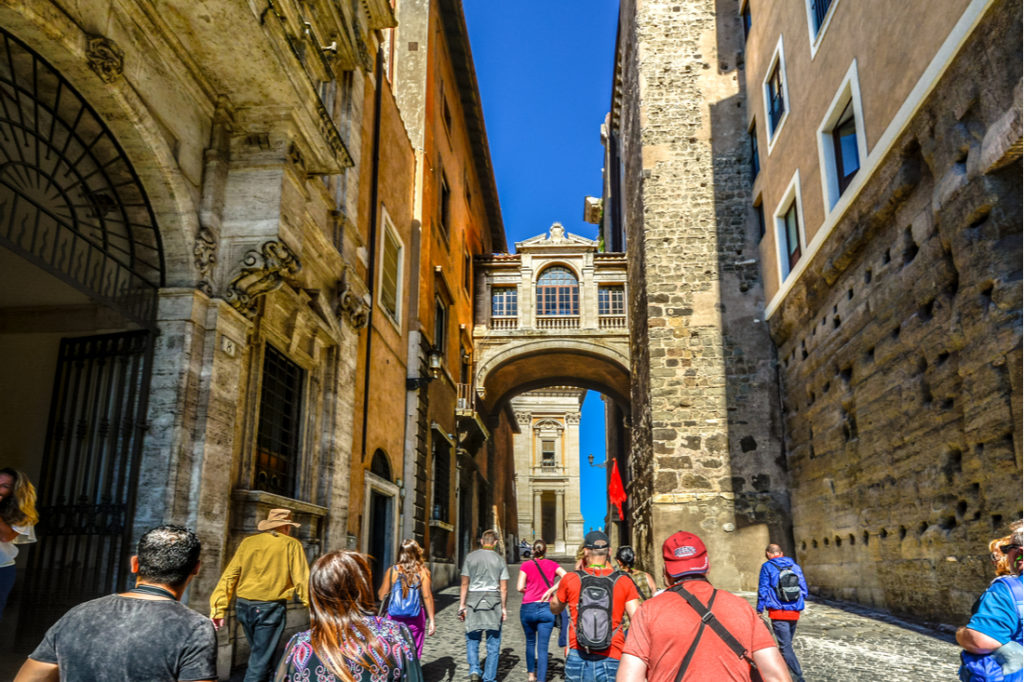Leggi la versione italiana
When he founded Cartografica Visceglia, grandfather Vincenzo was 25 years old and there were only 8,000 roads in Rome. Today we are in the third generation and Rome has more than 20 thousand place names. Laura, 59 years old, starts from here tracing the history of the company settled in 1929 the Capital. She is the protagonist of CNA Storie of April: one of the very rare Italian cartographers who can truly boast this title. “Up until a few years ago, there were about ten of us – recalls Laura -. Now, as map publishers, there are only four of us left in Italy”.
Up until a few years ago, there were about ten of us. Now, as map publishers, there are no more than four of us left in Italy
Paper maps and satellite navigators
At the time of satellite navigators, the map may seem outdated. And yet, the telephone of Cartografica Visceglia continues to ring, also thanks to the marketing activity that Laura carries out on the web. “Everyone needs a map,” explains Laura. There are those who use it to remember a trip they made with a family member, and there is no shortage of requests from set designers and large Italian companies who, for geo-marketing purposes, use us for all the maps that concern the distribution of products throughout the territory”.
In 2015, the archives of the Geographical Institute and Casa Editrice Visceglia were declared of historical interest by the Ministry of Cultural Heritage and Activities. Tangible maps and documents are jealously preserved here. Although in the digital age inventing and reinventing has become the watchword.
“The satellite navigator has become more and more popular, replacing the traditional cartography – recalls Laura -. But we thought we would reinvent ourselves. After all, there is always a need for wall maps, especially in large formats: in the meeting rooms of the most important companies, but also in the furnishing of a house or a store, of a business, of a travel agency”.
A bridge between tradition and innovation
Laura is a bridge between the generations of Cartografica Visceglia. She has the task of connecting the past of tradition with the future of innovation. “We have a very important presence on tradition, but we also have a future. And our future is all about new machinery, new ways of approaching three-dimensional printing and the 3D printer, like laser cutting. The materials are evolving and that’s something we really like. We have a lot of requests and so we think that, for our future, technology is very important,” says Laura.
In the papers of this precious archive, through the changes, toponymy and urban planning, there is evidence of the events that have influenced the course of a century. Like Spina di Borgo, which became Via della Conciliazione after the signing of the Lateran Pacts. Roads and maps, like pages in a history book.


